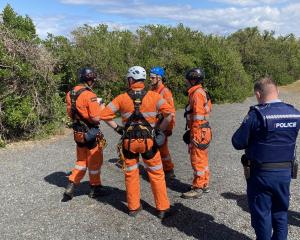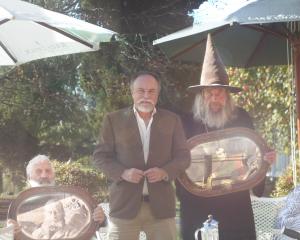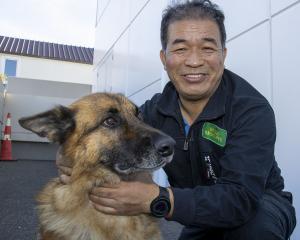
Dr Pascoe gave birth to baby Georgia, 1, just two weeks after sitting her major fifth year medical exams.
She fell unexpectedly pregnant with Georgia early in her penultimate year of medical school.
After giving birth, Pascoe experienced postnatal depression and spent the last year of her training battling the baby blues, while expressing breast milk and doing full-time clinical duties.
She says the experience gave her a greater appreciation of mental health issues and the difficulties of working parents.
“Being pregnant during medical school was not part of the plan. Adam (her partner) and I were open to the idea of having children but never expected it would happen so quickly," she said.
“Georgia changed my plans for my sixth year elective, which is typically done overseas or in a different environment. I spent it looking after a new-born then heading back to the hospital and doing clinical rounds when she was three-months-old.”
The final two years of Pascoe’s medical degree were more difficult than she expected. But her journey there also had its challenges.
As a young girl Pascoe always wanted to be a doctor. But several adults told her she wasn’t ‘smart enough’ or focused enough on studying to get into medical school. She said she believed them and trained as a nurse instead.
A decade into her career, Pascoe began working with University of Otago and Christchurch bowel cancer expert and researcher, Professor Frank Frizelle.
“We talked about how I was interested in studying medicine but was told I was not smart enough to get into medical school.
"At that stage I was 30-years-old and thought I was also too old to start again.
"Frank said neither of those things were true and encouraged me to go for it.
"In 2014, I applied for medical school and after being interviewed by a panel of professors was accepted under the ‘other pathway’ because of my nursing experience and the master’s degree.”
Pascoe and her family will move to Whakatane, where she has a job at the local hospital and her partner has family.













